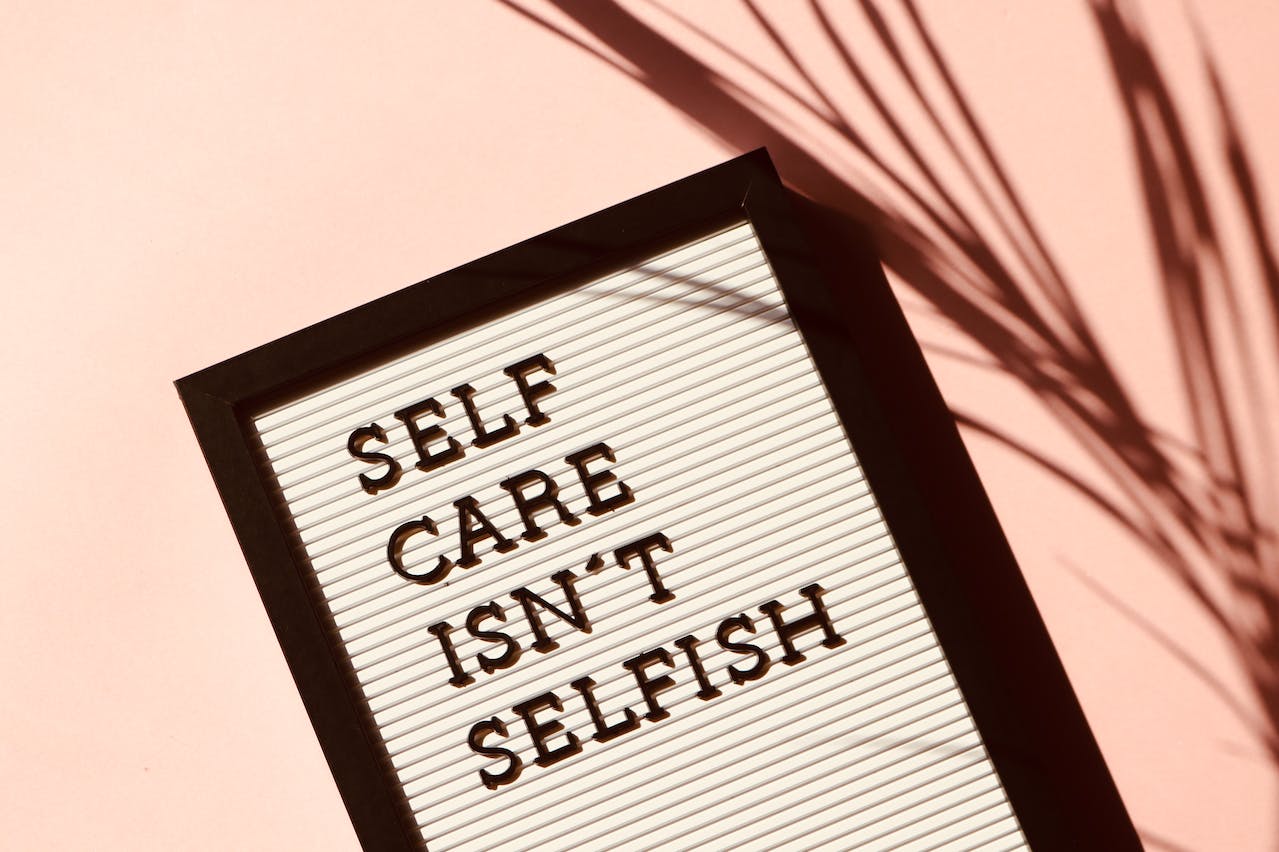7 Essential Tips for Mental Health: Simple Steps to a Happier, Healthier You

7 Essential Tips for Mental Health: Simple Steps to a Happier, Healthier You
Key Takeaways:
- Start Your Day Right: Establish a mindful morning routine incorporating activities like meditation or journaling to reduce stress and set a positive tone for the day.
- Move Your Body: Regular physical activity, even simple exercises like walking, can significantly improve mood and reduce feelings of depression and anxiety.
- Eat Well, Feel Well: A balanced diet rich in fruits, vegetables, and lean proteins supports mental health by regulating mood and energy levels.
- Prioritize Sleep: Aim for 7-9 hours of quality sleep each night and establish a relaxing bedtime routine to promote better sleep and mental well-being.
- Connect Socially: Foster meaningful connections with friends, family, or community groups to combat loneliness and increase a sense of belonging and purpose.
- Set Boundaries: Learn to say no to additional responsibilities when feeling overwhelmed to avoid stress and burnout, and prioritize your well-being.
- Seek Help When Needed: Don’t hesitate to seek professional help if mental health issues become too challenging to handle alone. Asking for help is a sign of strength and self-care.
Introduction:
In today’s fast-paced world, maintaining good mental health is as vital as taking care of our physical well-being. Mental health challenges can affect anyone, and it’s crucial to have strategies in place to help navigate through tough times. This blog post will explore three practical, straightforward tips for mental health that you can start implementing today to foster a healthier, more balanced life.
1. Establish a Mindful Morning Routine:
Starting your day right sets the tone for the rest of it. Begin with a mindful morning routine that includes activities like meditation, journaling, or a gentle yoga session. These practices can significantly reduce stress and anxiety, enhancing your mood and clarity of thought for the day ahead. Even just 10 minutes of meditation or a walk through the park can make a profound difference in how you approach your day. Remember, a peaceful morning often leads to a peaceful day.
2. Incorporate Physical Activity into Your Daily Life:
Exercise isn’t just beneficial for the body; it’s also crucial for your mind. Regular physical activity can significantly improve your mood and decrease feelings of depression, anxiety, and stress. It’s not about rigorous workouts or marathons – even a daily 30-minute walk can work wonders. The key is consistency. Find an activity you enjoy, be it dancing, hiking, cycling, or yoga, and make it a part of your routine. The endorphin boost from exercise is one of the most effective tips for mental health improvement.
3. Cultivate Healthy Eating Habits:
Nutrition plays a critical role in mental health. A balanced diet rich in fruits, vegetables, lean protein, whole grains, and healthy fats can help regulate your mood and energy levels. Avoid or limit the intake of processed foods, sugary snacks, and high-caffeine beverages, as they can exacerbate anxiety and lead to energy crashes. Hydration is also key; ensure you drink plenty of water throughout the day. Good nutrition is fundamental to maintaining stable energy and mood levels.
4. Prioritize Sleep:
Sleep and mental health are closely connected. Lack of sleep can exacerbate stress, anxiety, and depression. Aim for 7-9 hours of quality sleep each night. Establish a relaxing bedtime routine to help signal to your brain that it’s time to wind down. Avoid screens an hour before bed, as blue light can disrupt your natural sleep cycle. A comfortable, quiet, and dark environment can also promote better sleep.
5. Connect with Others:
Humans are social creatures, and meaningful connections are vital for mental health. Spend time with friends and family, join clubs or groups that interest you, or consider volunteering. These connections can provide emotional support, reduce feelings of loneliness, and increase your sense of belonging and purpose. Even on busy days, a quick chat with a friend can lift your spirits.
6. Learn to Say No:
One of the most empowering tips for mental health is learning to set boundaries. It’s okay to say no to additional responsibilities when you’re feeling overwhelmed. Overcommitting can lead to stress and burnout. Understand and respect your limits; and then communicate them to others. Remember, saying no to something means saying yes to your well-being.
7. Seek Professional Help When Needed:
If you find your mental health issues are becoming too much to handle alone, don’t hesitate to seek professional help. A therapist can provide valuable tools and strategies for coping with life’s challenges. There’s no shame in asking for help; it’s a sign of strength and self-care.
Tips for Mental Health Conclusion:
Implementing these tips for mental health can lead to significant improvements in your overall well-being. Each step, from a mindful morning routine to seeking professional help when needed, plays a crucial role in building a happier, healthier life. This is because they replenish brain-fuels which helps sustain your neural network. Start small, and be patient with yourself; every step towards better mental health is a step in the right direction. Remember, taking care of your mental health is not a luxury; it’s a necessity.
FAQs
1. Why is a mindful morning routine important?
- Establishing a mindful morning routine reduces stress, enhances clarity, and sets a positive tone for the day, promoting better mental health and emotional resilience.
2. How does physical activity improve mental health?
- Regular exercise releases endorphins, reduces stress hormones, and promotes better sleep, leading to improved mood and overall well-being.
3. When should I seek professional help for mental health issues?
- Seek professional help if you experience persistent sadness, anxiety, or difficulty coping with daily life, as well as changes in sleep or appetite, or thoughts of self-harm.
If you are feeling stressed, anxious or depressed there is help available. Visit https://checkpointorg.com/global/ for more information about support services near you.
Read more about Brain-Fuel Depletion, watch the documentary, get free chapters, or purchase the book.

